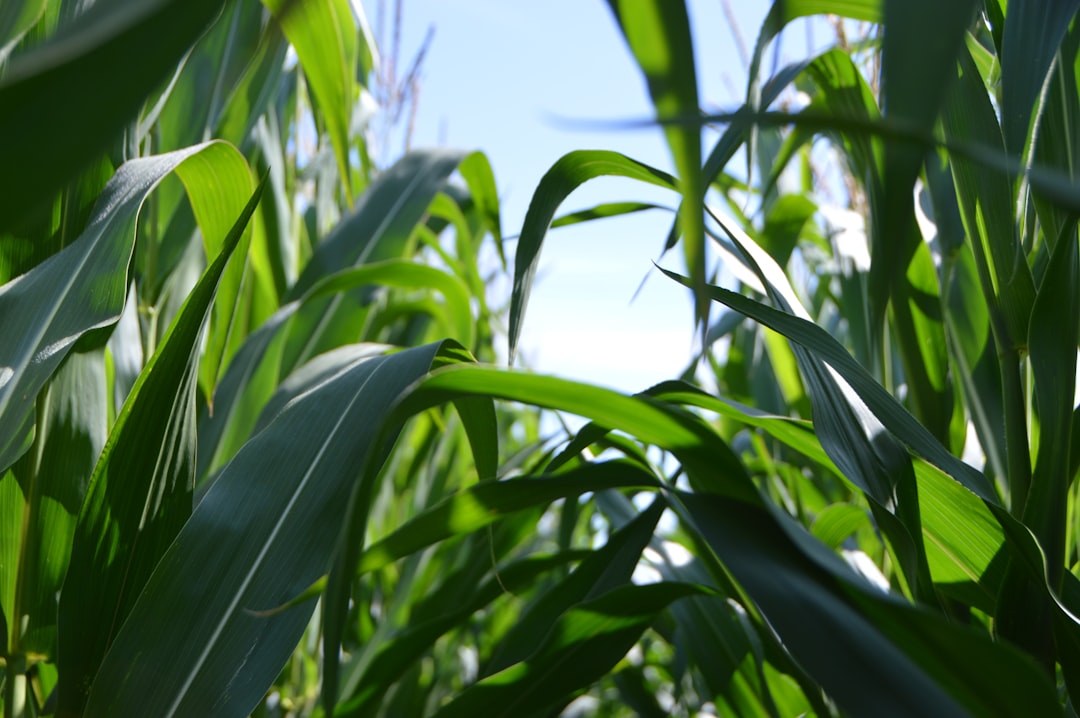Thinking about your future after 12th grade can be a little overwhelming! If you took Commerce in school, you might think agriculture is totally off the table. But guess what? There are actually some cool agriculture-related courses you can pursue! Let’s explore some options you might not have considered.
Why Agriculture Could Be a Good Fit
You might be wondering, “Why would someone with a Commerce background be interested in agriculture?” Well, the agriculture industry isn’t just about farming anymore. It involves a lot of business, management, and technology. Your Commerce skills can be a real asset in these areas!
Think about it: agriculture businesses need people who understand finance, marketing, and supply chain management. Farmers need to manage their budgets, sell their products, and keep track of their expenses. That’s where your Commerce background comes in handy. Plus, many agricultural companies are looking for people with business skills to help them grow and innovate.
Agriculture Courses After 12th Commerce
Okay, let’s get into some specific courses you can consider after finishing 12th Commerce:
- BSc (Hons) Agriculture with Specialization in Agribusiness Management: This is a common degree, and some universities allow Commerce students to apply. You’ll learn about crop production, soil science, and agricultural economics, along with business management principles specific to the agriculture sector. This prepares you for roles in managing agricultural enterprises, marketing agricultural products, and handling finances in farming businesses.
- BBA in Agriculture: A Bachelor of Business Administration (BBA) in Agriculture focuses on the business aspects of agriculture. You’ll learn about marketing, finance, human resources, and operations management – all within the context of the agricultural industry. This is a great option if you want to work in the business side of agriculture.
- Bachelor of Rural Studies (BRS): This program focuses on the development of rural areas, including agriculture, infrastructure, and social development. You’ll learn about rural economics, community development, and sustainable agriculture practices. Your Commerce background will help you understand the financial aspects of rural development projects.
- Diploma in Agriculture: A diploma is a shorter, more practical course that can give you a foundation in agricultural practices. It may not be as in-depth as a degree, but it can be a good option if you want to quickly gain some knowledge and skills in agriculture. Some diploma programs might allow Commerce students.
- Food Technology Courses: While not strictly agriculture, food technology is closely related. Courses like BSc Food Technology or Diploma in Food Processing deal with the science and technology of food production, preservation, and packaging. Your understanding of business can be very useful in areas like food marketing and distribution.
Important Considerations
Before you jump into any of these courses, there are a few things to keep in mind:
- Eligibility Criteria: Check the eligibility criteria for each course at the specific universities or colleges you’re interested in. Some institutions might require you to have studied science subjects in 12th grade. However, many are now realizing the value of a business perspective in agriculture.
- Entrance Exams: Some agriculture courses require you to pass an entrance exam. Find out if the courses you’re interested in have an entrance exam and start preparing accordingly.
- Your Interests: Think about what aspects of agriculture you find most interesting. Are you passionate about sustainable farming, food technology, or the business side of agriculture? Choose a course that aligns with your interests and career goals.
Career Opportunities
A degree in agriculture or a related field can open up a wide range of career opportunities. Here are some examples:
- Agribusiness Manager: Manage the financial and operational aspects of agricultural businesses.
- Agricultural Marketing Specialist: Develop and implement marketing strategies for agricultural products.
- Farm Manager: Oversee the day-to-day operations of a farm.
- Rural Development Officer: Work with government agencies or NGOs to promote rural development.
- Food Technologist: Develop new food products and improve existing ones.
- Supply Chain Manager: Manage the flow of agricultural products from farm to consumer.
- Agricultural Consultant: Provide advice and guidance to farmers on various aspects of their business.
Frequently Asked Questions
Can I really study agriculture after taking Commerce in 12th?
Yes, absolutely! While some traditional agriculture programs might prefer science students, many courses, especially those related to agribusiness and food technology, welcome students from diverse backgrounds, including Commerce.
What skills from Commerce will be useful in agriculture?
Your skills in accounting, finance, marketing, and economics will be invaluable. You’ll understand budgeting, financial analysis, market trends, and how to manage a business, all of which are essential in the modern agricultural industry.
Will I be at a disadvantage compared to students with a science background?
You might need to put in some extra effort to learn the basics of agriculture and science. However, your business skills will give you a unique advantage. Think of it as a different perspective that you bring to the table.
What if I don’t know anything about farming?
That’s okay! Many agriculture courses will teach you the basics of farming. Plus, you can always learn more by visiting farms, volunteering, or taking online courses. The important thing is to be willing to learn.
Are there any online courses I can take to learn more about agriculture?
Yes, there are many excellent online courses available on platforms like Coursera, edX, and Udemy. These courses can give you a foundation in agriculture and help you decide if it’s the right career path for you.
The Bottom Line
Don’t let your Commerce background hold you back from exploring a career in agriculture. With the right course and a willingness to learn, you can combine your business skills with your passion for agriculture and make a real difference in the world.
So, take some time to research your options, talk to people in the industry, and choose a course that aligns with your interests and goals. Good luck!

